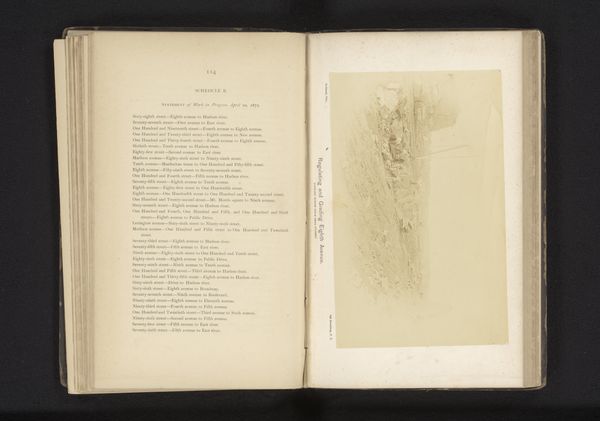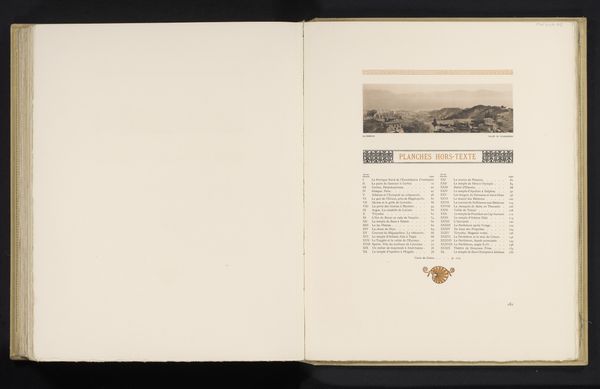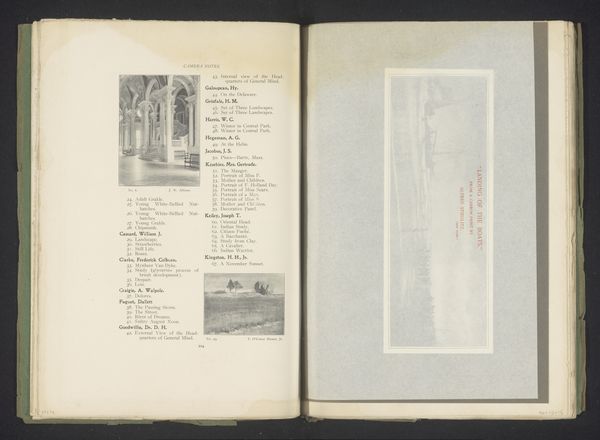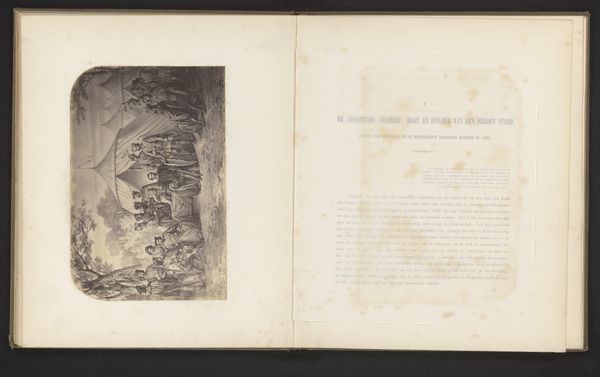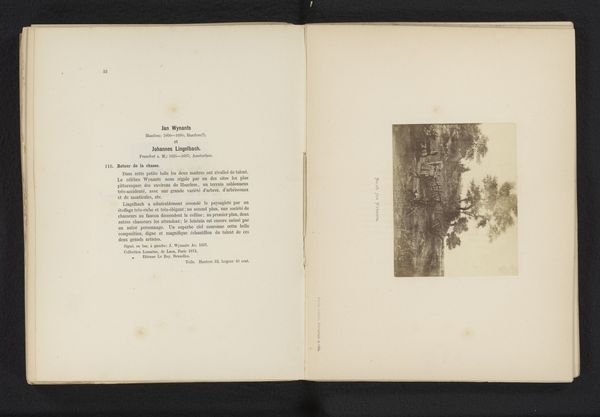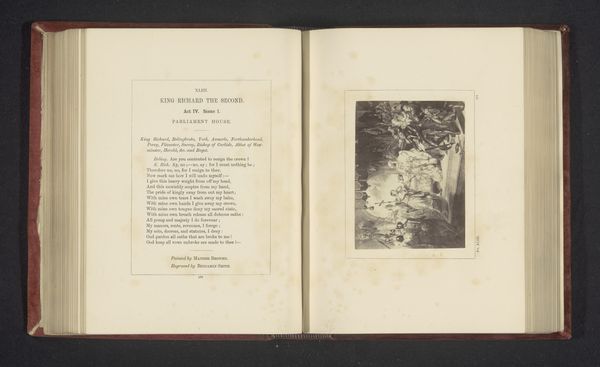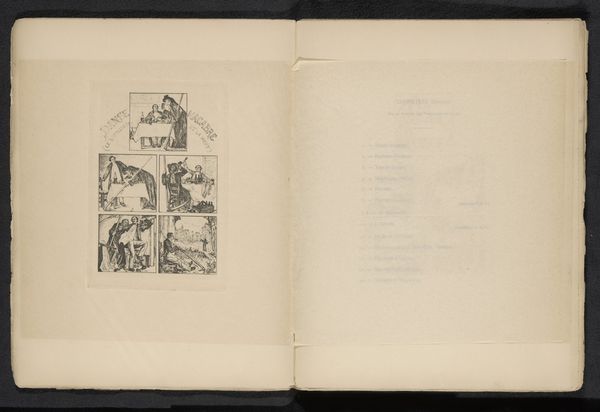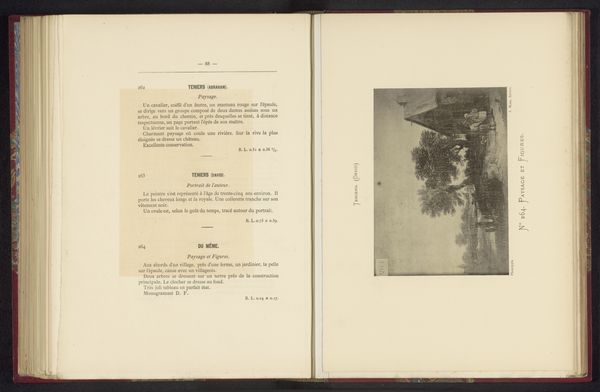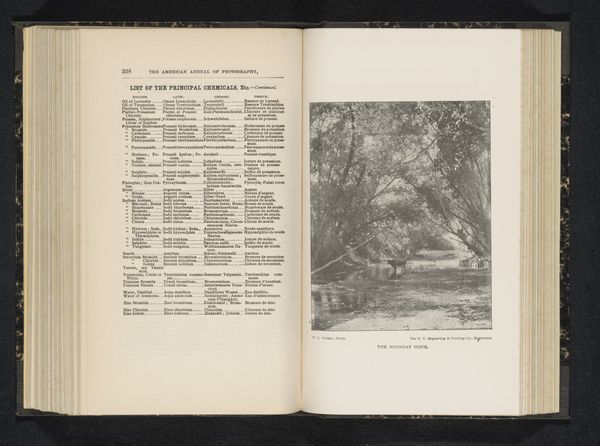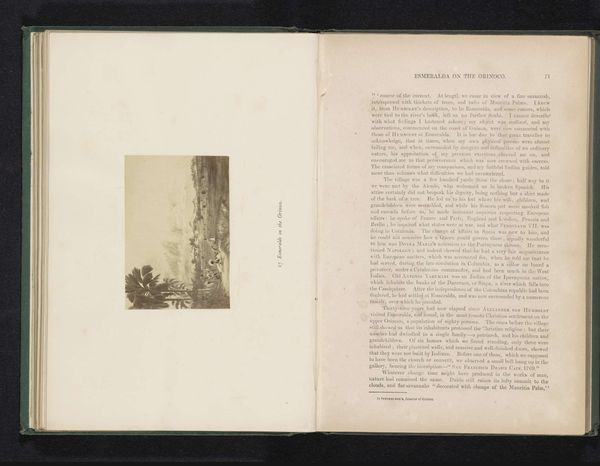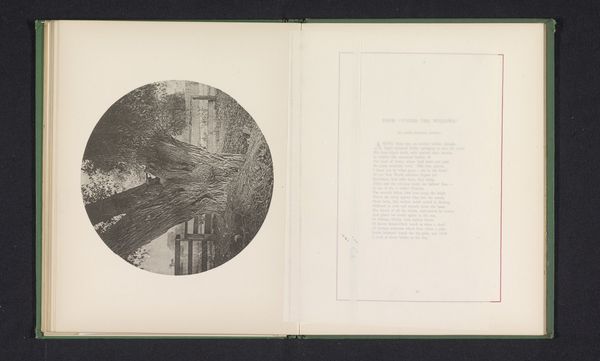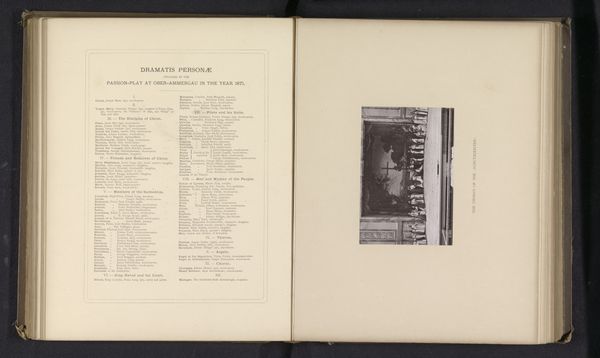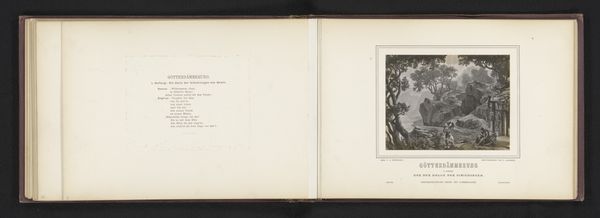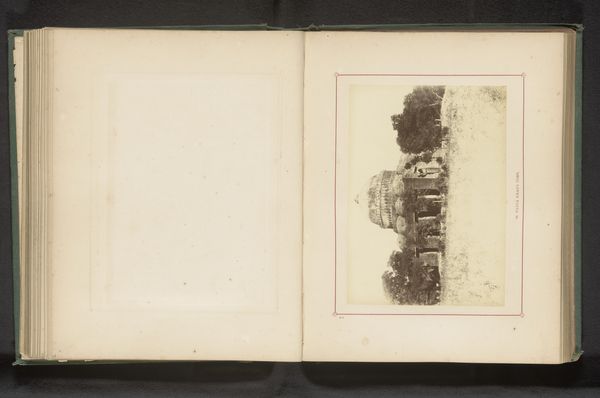
drawing, print, etching
#
drawing
# print
#
etching
#
landscape
Dimensions: height 80 mm, width 131 mm
Copyright: Rijks Museum: Open Domain
Editor: Here we have an etching entitled *Hooiwagen*, dated to before 1900. I find the muted tones quite serene, even though the subject matter seems quite ordinary. How do you interpret this work? Curator: This work really speaks to the symbolic weight everyday images carry. The hay wagon, so common before industrialization, becomes a vessel for understanding our relationship with the land and labor. Editor: What do you mean by vessel? Curator: In Jungian psychology, wagons and carts often represent our personal journey through life. The ‘cargo’ symbolizes burdens or experiences we carry. Etchings from this period evoke a strong connection with nature, but consider what’s missing – the figures pulling the wagon. Are they absent, tired, or represented implicitly by the wagon's motion? It asks about our cultural memory of labor and toil, wouldn’t you say? Editor: I see! So the lack of figures makes you focus on the cultural understanding of labor at the time. The symbolic nature creates an interplay between pastoral scenes and industrial shift! Thank you. Curator: Exactly! Thinking about visual imagery across cultures, we create a network of meanings, enriched with every interaction.
Comments
No comments
Be the first to comment and join the conversation on the ultimate creative platform.
